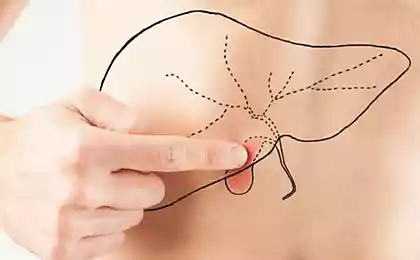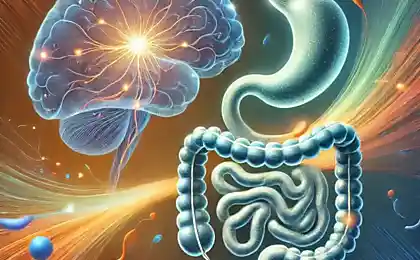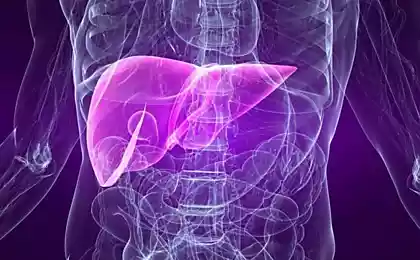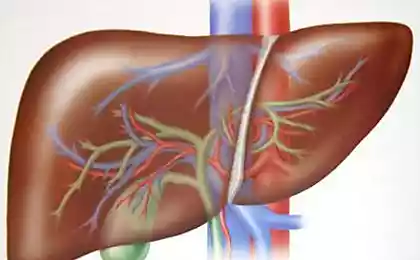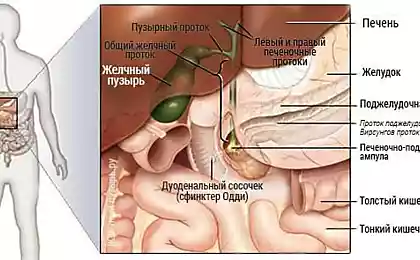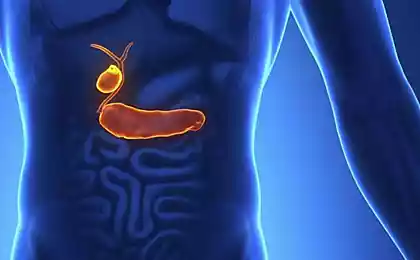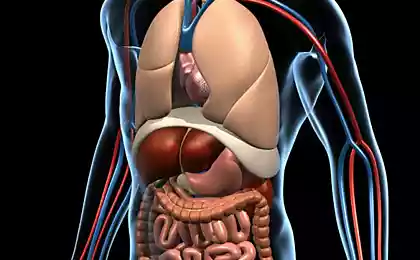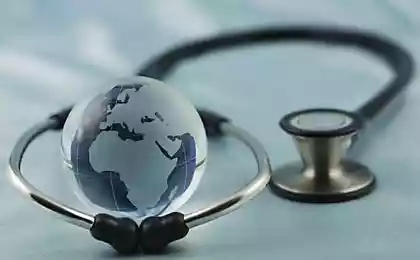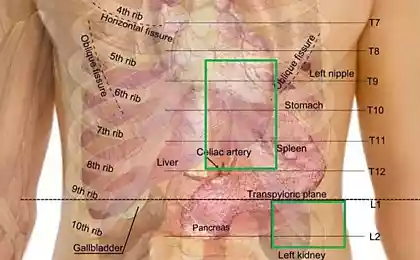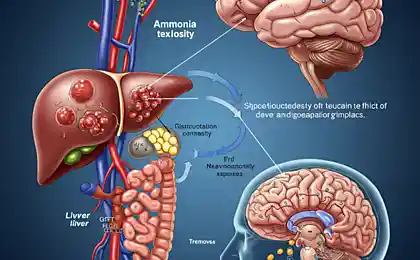182
What is dangerous thick bile and how to recognize it in yourself

When it comes to the functioning of the digestive system, the focus is usually on the stomach.
Sometimes the intestines. However, an equally important body,
without which the correct processing of food is impossible,
It's a gallbladder. He is responsible for the accumulation and excretion of bile.
special liquid necessary for the breakdown of fats.
But what happens if the bile thickens and loses its normal properties?
Thick bile, although not considered an independent disease,
It can lead to a number of serious complications and clearly signals problems in the body.

Why bile can become thick
Bile is produced in the liver and then enters the gallbladder.
Normally, it has a liquid consistency, facilitating the process of digesting fatty foods.
However, under the influence of a number of factors, bile can thicken.
Main reasons:
- Poor nutrition. Excess fatty, fried or sweet foods increases the load on the liver,
Provoking a violation of the composition of bile. - Lack of fluid in the diet. Insufficient water intake makes all the fluids in the body.
including bile, more concentrated. - A sedentary lifestyle. With low physical activity, the circulation of fluids slows down.
which may contribute to the thickening of bile. - Hormonal changes. Changes in estrogen levels in women (for example, during pregnancy)
or hormonal disruptions in men also affect the composition of bile. - Chronic diseases of the liver and gallbladder. Hepatitis, cholecystitis, dyskinesia of the biliary tract -
All this can cause thickening.
How dangerous is thick bile?
By its nature, bile must be sufficiently fluid to flow unimpeded from the gallbladder into the duodenum.
If it thickens, there are risks:
- Stone formation. From thick bile can form the so-called biliary "congestion",
They turn into stones over time (gallstone disease). - Gallbladder inflammation. Worsening outflow of bile stimulates inflammatory processes (cholecystitis),
leading to pain in the right hypochondrium and general weakness. - Disordered digestion. Lack of bile in the intestine makes it difficult to digest fats,
Provoking a feeling of heaviness, bloating, upset stool and deficiency of important nutrients. - General intoxication. Thickened bile can negatively affect the work of the liver,
This ultimately weakens the body's ability to remove toxins.

How to recognize problems with bile
Thick bile and other gallbladder dysfunctions often go unnoticed for a long time,
After all, the symptoms can be subtle and “masquerade” as other ailments.
However, there are a number of signs indicating possible problems in this area:
- Right hypochondrium pain. Dull or aching pain, especially after eating fatty foods.
- Heaviness and bloating. People often blame it on overeating.
However, regular attacks indicate a deeper problem. - Bitter mouth. Especially in the morning or after a long break between meals.
- Disturbance of the chair. Alternation of constipation and diarrhea may be associated with improper outflow of bile.
- Fatigue and weakness. With chronic problems with bile, the body does not receive important nutrients,
Which leads to a breakdown.
Examination and diagnosis
If these symptoms are observed for a long time,
You need to see a doctor. The most informative methods of diagnosis:
- Abdominal ultrasound. Helps to assess the condition of the gallbladder,
The presence of stones, the degree of fullness. - Biochemical blood test. Give information about the level of bilirubin, cholesterol and liver enzymes.
- Clinical tests for gallbladder functionality.
May include tubazhing (sensing) and evaluating the dynamics of bile excretion.

Advice on prevention and rehabilitation
In order not to bring it to the development of gallstone disease or chronic cholecystitis,
Follow simple recommendations:
- Proper drinking regimen.
Drink 1.5-2 liters of pure water per day to maintain normal bile fluidity. - Fractional feeding.
It is better to eat 5-6 times a day in small portions, avoiding long breaks in meals. - Avoid excess fat and sugar.
Instead, include enough vegetables, fruits, and protein foods in your diet. - Moderate physical activity.
Walking, swimming, yoga or Pilates will improve blood circulation and prevent stagnation. - Weight control.
Excess body weight increases the load on the liver and gallbladder,
Therefore, a stable weight helps reduce the risk of thickening of bile.
Finally, remember that thickening of bile is more a sign than an independent disease.
Your body thus signals that it needs attention and lifestyle adjustments.
Timely diagnosis, healthy diet and reasonable physical activity
The best measures to maintain the normal functioning of the gallbladder.
If you notice alarming symptoms, do not postpone a visit to a specialist.
Health is the basis of quality of life, and it is not only knowledge that matters in its preservation.
but also timely action.
Laziness – saving energy: why we are so critical to inaction
Key ones. Words for Repiter. Single word method
